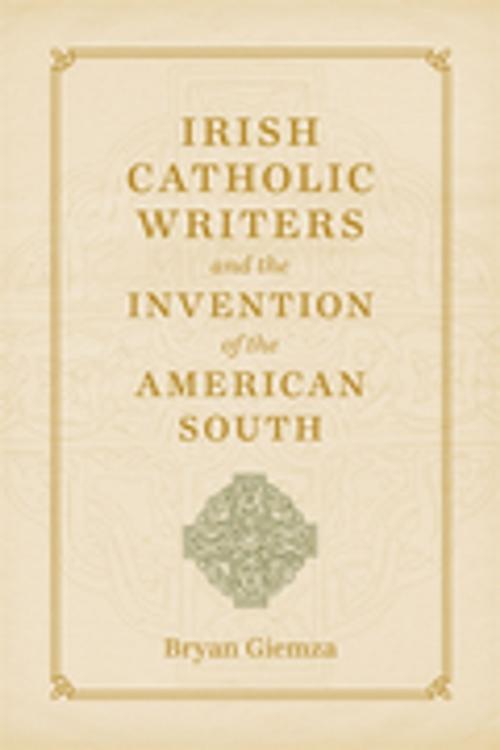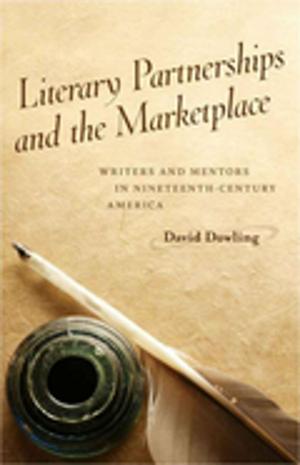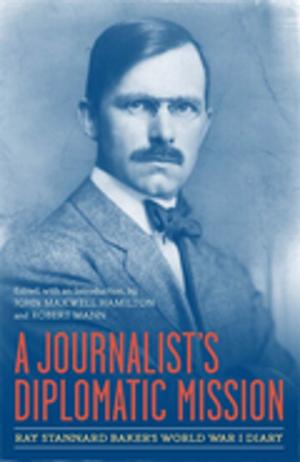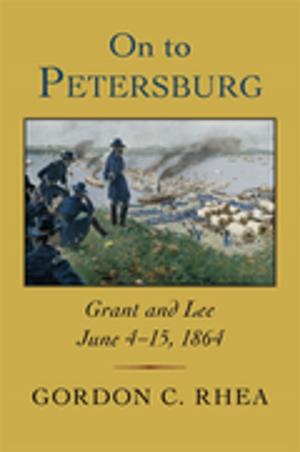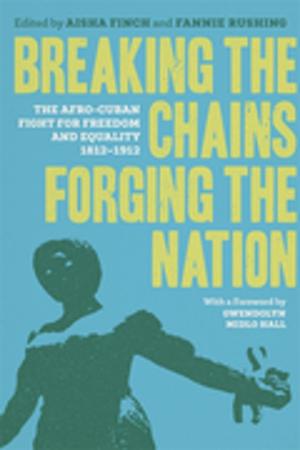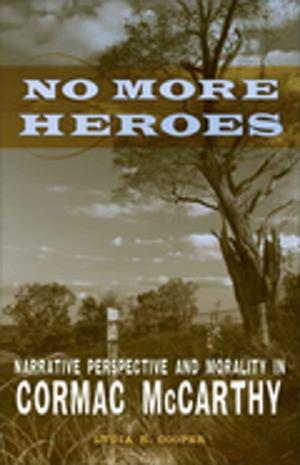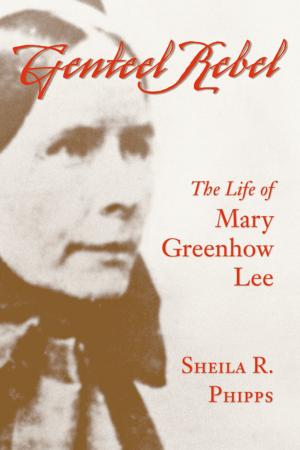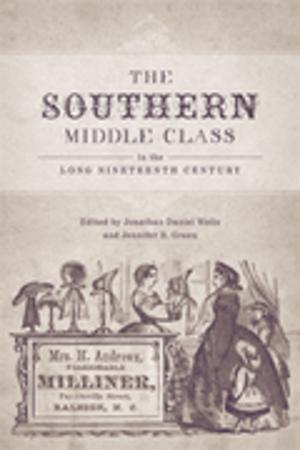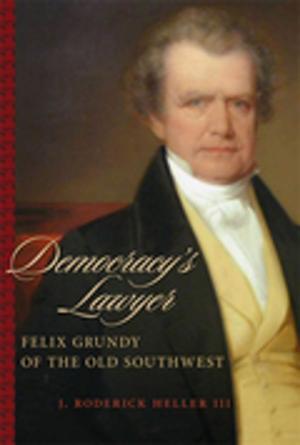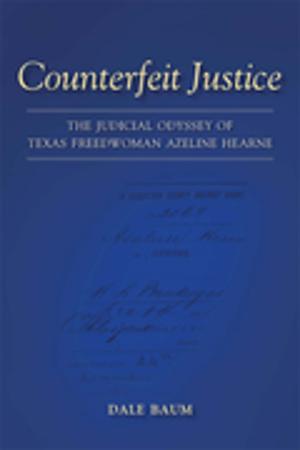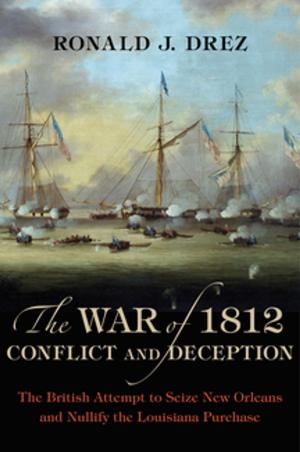Irish Catholic Writers and the Invention of the American South
Fiction & Literature, Literary Theory & Criticism, American, Nonfiction, Social & Cultural Studies, Social Science, Religion & Spirituality| Author: | Bryan Giemza | ISBN: | 9780807150924 |
| Publisher: | LSU Press | Publication: | July 8, 2013 |
| Imprint: | LSU Press | Language: | English |
| Author: | Bryan Giemza |
| ISBN: | 9780807150924 |
| Publisher: | LSU Press |
| Publication: | July 8, 2013 |
| Imprint: | LSU Press |
| Language: | English |
In this comprehensive study, Bryan Giemza retrieves a missing chapter of Irish Catholic heritage by canvassing the literature of American Irish writers from the U.S. South.
Beginning with the first Irish American novel, published in Winchester, Virginia, in 1817, Giemza investigates nineteenth-century writers contending with the turbulence of their time -- writers influenced by both American and Irish revolutions, dramatists and propagandists of the Civil War, and memoirists of the Lost Cause. Some familiar names arise in an Irish context, including Joel Chandler Harris and Kate (O'Flaherty) Chopin. Giemza then turns to the works of twentieth-century writers, such as Margaret Mitchell, John Kennedy Toole, and Pat Conroy. For each author, Giemza traces the impact of Catholicism on their ethnic identity and their work.
Giemza draws on many never-before-seen documents, including the correspondence of Cormac McCarthy, interviews with members of the Irish community in Flannery O'Connor's native Savannah, Georgia, and Giemza's own correspondence with writers such as Valerie Sayers and Anne Rice. This lively history prompts a new understanding of how the Catholic Irish in the South helped invent a regional myth, an enduring literature, and a national image.
In this comprehensive study, Bryan Giemza retrieves a missing chapter of Irish Catholic heritage by canvassing the literature of American Irish writers from the U.S. South.
Beginning with the first Irish American novel, published in Winchester, Virginia, in 1817, Giemza investigates nineteenth-century writers contending with the turbulence of their time -- writers influenced by both American and Irish revolutions, dramatists and propagandists of the Civil War, and memoirists of the Lost Cause. Some familiar names arise in an Irish context, including Joel Chandler Harris and Kate (O'Flaherty) Chopin. Giemza then turns to the works of twentieth-century writers, such as Margaret Mitchell, John Kennedy Toole, and Pat Conroy. For each author, Giemza traces the impact of Catholicism on their ethnic identity and their work.
Giemza draws on many never-before-seen documents, including the correspondence of Cormac McCarthy, interviews with members of the Irish community in Flannery O'Connor's native Savannah, Georgia, and Giemza's own correspondence with writers such as Valerie Sayers and Anne Rice. This lively history prompts a new understanding of how the Catholic Irish in the South helped invent a regional myth, an enduring literature, and a national image.
